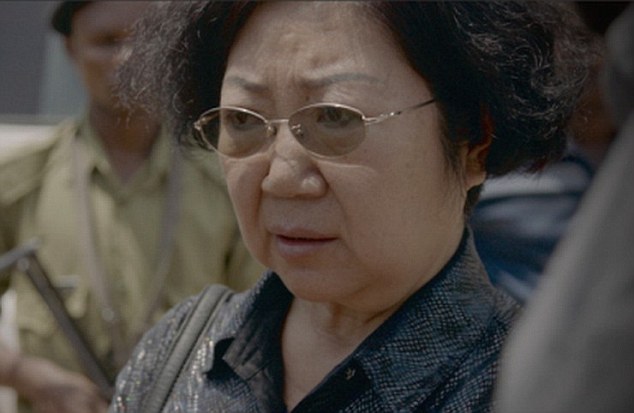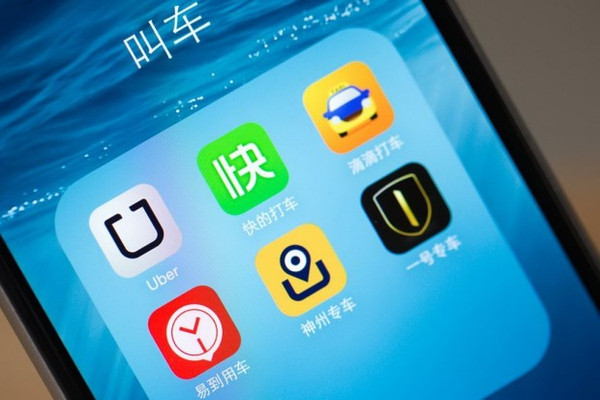This is NEWS Plus Special English. I'm Mark Griffiths in Beijing. Here is the news.
A Chinese woman who's become known as the Queen of Ivory has been charged with smuggling ivory worth millions of dollars by a court in Dar es Salaam, Tanzania.
The Associated Press cited a conservation group, Elephant Action League, as saying that Yang Feng-lan is the most prominent ivory trafficker as so far to be charged so far in the war against elephant poaching. She is believed to be behind the trafficking of a huge quantity of ivory over several years.
Yang was reported to have smuggled almost 2 tons of ivory worth 2.7 million U.S. dollars between 2000 and 2014.
She has been charged along with two Tanzanian men, who were allegedly connected with international poachers, traders and buyers.

In January, China destroyed 6 metric tons of illegal ivory seized over the years in Dongguan, Guangdong province.
In May, the government destroyed 660 kilograms of confiscated ivory, the second such action against wildlife crime this year. The illegal ivory was dumped into crushers in Beijing and ground down by the State Forestry Administration and the General Administration of Customs.
Combating wildlife trafficking is one of the major outcomes of President Xi Jinping's recently state visit to the United States.
This is NEWS Plus Special English.
Chinese ride-hailing firm Didi has been licensed by the Shanghai Municipal Transport Commission for private-car booking services, in an apparent easing of tension between regulators and ride-on-demand operators.
Though increasingly popular with users, online ride-booking services have long been warned by authorities in China that they operate in a gray area of the law. Under the law, drivers of private cars are forbidden from carrying passengers for profit. Drivers who pick up passengers using apps like Didi and Uber have been frequently fined by police in many Chinese cities.

Didi's licensing is a milestone for the service, which has been available for more than a year.
The license granted by authorities in Shanghai may give companies like Didi and Uber opportunities to operate legally elsewhere.
The Shanghai municipal government says it will grant ride-on-demand licenses for companies that meet criteria including making their data accessible to regulators, having their servers in the Chinese mainland, and screening both vehicles and drivers.












